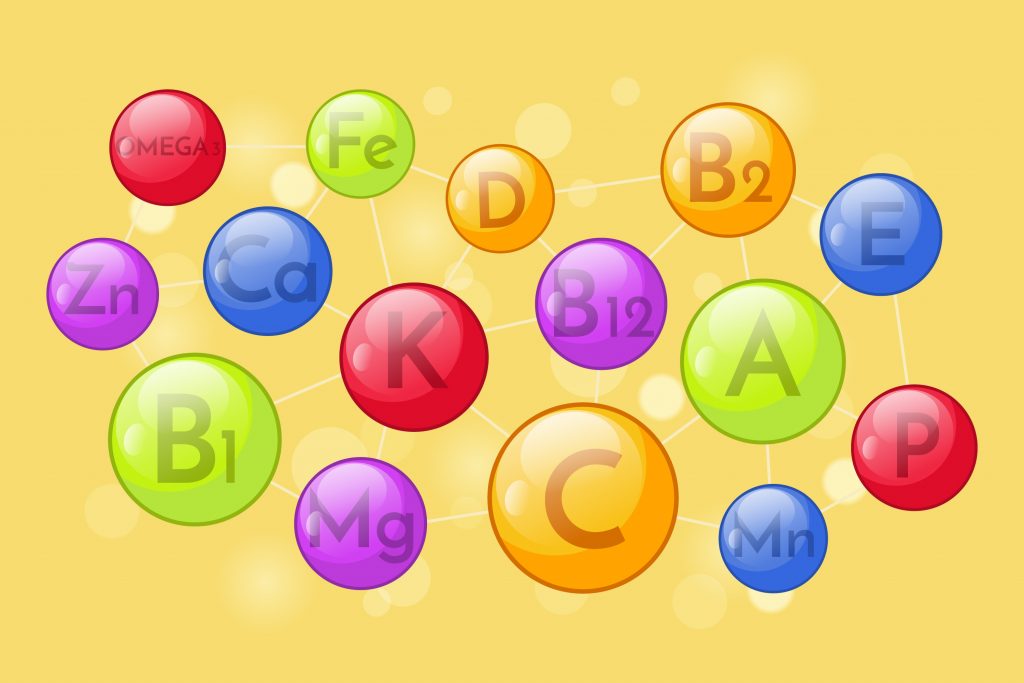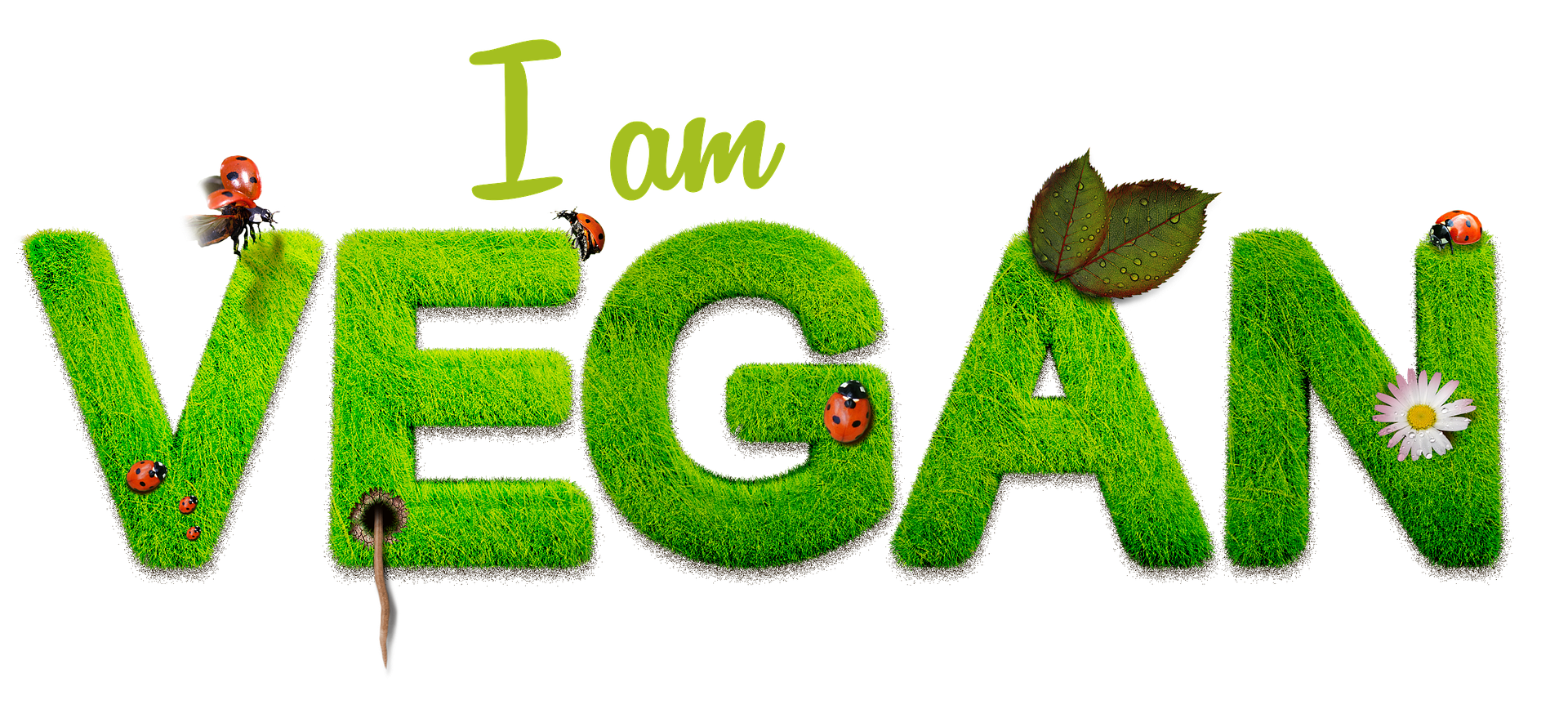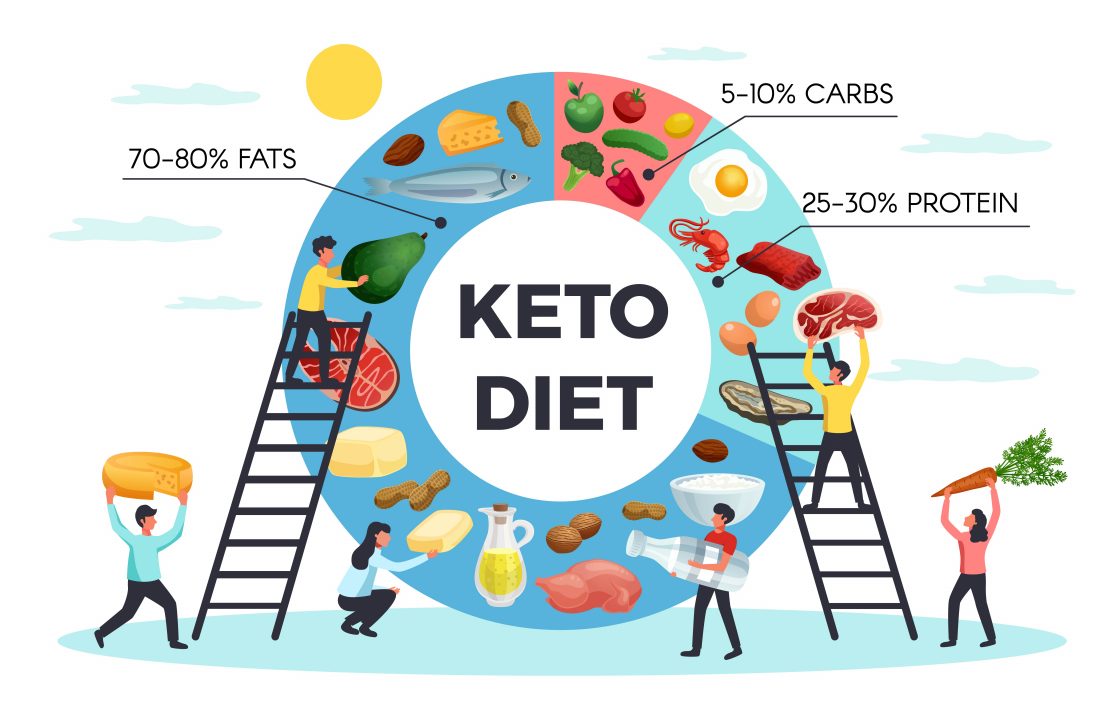A 2016 study from Harvard University found that vegetarian dieters lost more weight than non-vegetarians after 18 weeks. Vegan dieters saw the most weight loss, losing five pounds more than non-vegetarians, while vegetarians lost three pounds more.

A possible mechanism underlying the effect of vegetarian diets on weight loss may be the plentiful intake of whole grains, fruits, and vegetables. Whole-grain products and vegetables generally have low glycemic index values, and fruits are rich in fiber, antioxidants, phytochemicals, and minerals. Viscous fiber, around 20 to 50 % in whole-grain products, could slow gastric emptying and intestinal absorption. Several prospective studies have reported an inverse association between fiber consumption and weight loss. The Coronary Artery Risk Development in Young Adults (CARDIA) study identified a significant association between dietary fiber intake and lower body weight at baseline in whites and blacks. In the Nurses’ Health Study (NHS), women who had significantly increased their fiber intake reported a mean weight gain that was 1.52 kg less than that in women who reported a slight increase in fiber intake. Also, women in the NHS with the largest increase in fruit and vegetable intake had a 28 % lower risk of major weight gain (≥ 25 kg) than those with the lowest intake.
Despite this, most of the studies lasted less than 12 months, and none lasted more than 18 months. Therefore, the long-term effects of vegetarian diets on body weight remain unsettled. Hence, further intervention trials are warranted to explore the long-term effects of vegetarian diets on weight loss and clinical outcomes.
Conclusion:
Both vegetarian and vegan diets may provide health benefits, including weight loss, lower cholesterol levels, and decreased risk of cardiovascular disease. However, vegetarians and vegans need to ensure that they are meeting all of their nutritional requirements. For example, plants do not naturally contain vitamin B-12, so vegans and vegetarians may need to consume fortified foods or take dietary supplements to get enough vitamin B-12. It would be best if you took a Vitamin B-12 supplement when on a vegan diet.

You may want to try a Vitamin D supplement if you aren’t exposed to sunlight regularly. If you are new to plant-based eating, considering making a few appointments with a dietitian to make sure you are getting all the nutrients you need—specifically iron, calcium, and omega 3 fats. After all, weight loss isn’t worth it if it’s at the cost of your overall health.
References:
https://pubmed.ncbi.nlm.nih.gov/26138004/
https://www.ncbi.nlm.nih.gov/pmc/articles/PMC6893503/



